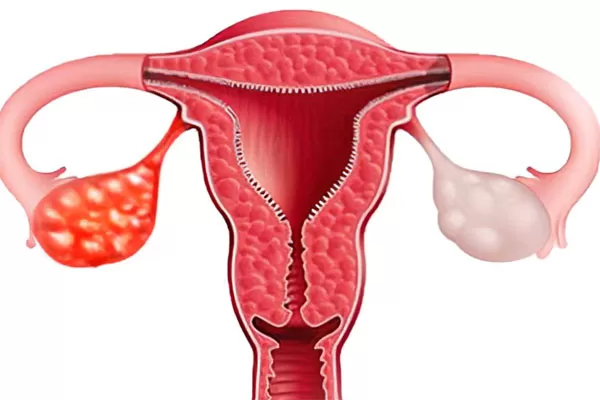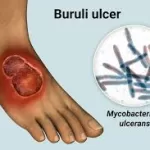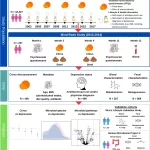A new systematic review and meta-analysis published in the journal Heart suggests that common gynecological disorders, such as endometriosis and irregular periods, may be associated with a heightened risk of heart disease and cerebrovascular conditions.
Key Findings
The study pooled data from 28 studies involving over 3.2 million women and found that individuals with at least one common gynecological disorder had a 28% higher risk of cardiovascular and cerebrovascular disease compared to those without. The risk of ischemic heart disease was 41% higher, while cerebrovascular disease risk alone increased by 33%.
Notably, endometriosis and polycystic ovary syndrome (PCOS) were strongly linked to increased cardiovascular and cerebrovascular risks. Researchers believe that factors such as systemic inflammation, estrogen production, and overlapping risk factors—such as metabolic syndrome in PCOS patients—may contribute to this association.
Study Limitations
While the study underscores a potential link, researchers caution that the quality of included studies varied, with over half showing a high risk of bias. Additionally, aspects such as atrial fibrillation were not covered, and more high-quality longitudinal studies are needed to establish causality.
Implications for Public and Healthcare Professionals
Despite these limitations, the researchers stress the importance of increasing awareness among healthcare professionals and the general public. Early intervention and risk-reducing behavioral changes could potentially prevent or mitigate cardiovascular and cerebrovascular diseases in individuals with gynecological disorders.
Conclusion
“Although the extent of this association is still to be explored, and causality has not been established, the findings suggest that it is important to raise awareness,” the researchers conclude. They recommend further studies and emphasize the potential benefits of lifestyle modifications and medical interventions to manage risks effectively.
Disclaimer: The information in this article is for educational purposes only and should not be considered medical advice. Consult a healthcare professional for personalized recommendations regarding gynecological and cardiovascular health.










